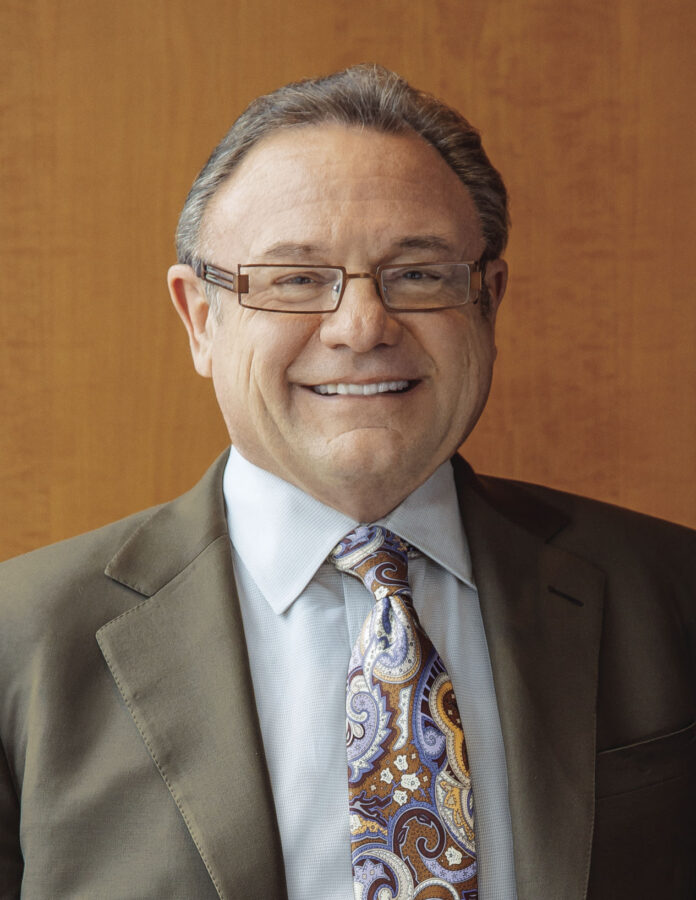Texas has been selected as the site of a major new federal initiative aimed at improving health. The Advanced Research Projects Agency for Health (ARPA-H) is tasked with supporting biomedical and health breakthroughs. The agency has chosen three hubs (Texas, Cambridge, and Washington DC). Dallas will host the Customer Experience Hub, with Austin, Houston, and San Antonio also heavily involved. A collaboration among these cities and a wide array of business and community leaders across the state provided the impetus for Texas to secure this vital project. I was pleased to be involved in the process, and my firm generated underlying data and analysis to support the effort.
ARPA-H will fund pathbreaking research with high potential to be impactful, but not well suited to typical science or commercial routes. Private sector resources are essential, but publicly funded research can be broader and bolder, complementing corporate efforts more focused on market outcomes. The federal government funds such basic research in other arenas, and discoveries enabled by agencies ranging from NASA to the National Science Foundation have profoundly enhanced quality of life and economic potential. Similarly, ARPA-H will tackle our most complex health issues.
The role of the Customer Experience Hub is to drive user testing, adoption, and access for ARPA-H projects; enhance clinical trials; reach representative patient populations; and capture outcomes data. The goal is to ensure that new discoveries are implemented in the most beneficial ways. Texas’ diverse patient population will aid in crafting treatments, devices, and services that are accessible and easily adopted.
The location is a “win-win,” benefiting both Texas and the ARPA-H mission. The state’s world-class health care institutions, research universities and organizations, and medical schools figured prominently in the decision. Although not traditionally a life sciences powerhouse like some of the competing states, Texas is growing faster than any of these areas in key industries such as medical equipment and supplies and pharmaceuticals. This demonstrated capacity to attract capital investment can expedite the transition from laboratories to new treatments, supporting growth in related manufacturing. The more effectively new discoveries are deployed, the better the health outcomes.
Having ARPA-H in Texas will also lead to substantial economic benefits. The state is already on a notable upswing in bioscience activity, with other emerging initiatives (including the proposed multi-billion-dollar Texas Research Quarter at the iconic EDS campus in Plano). ARPA-H will generate significant spillover benefits throughout the economy.
On rare occasions, locations occur which fundamentally expand and redefine the prospects for an area. I have been privileged to be involved in several such initiatives dating back to the early 1980s (I was very young at the time). The ARPA-H selection provides Texas with just such an accelerator. Stay safe!




